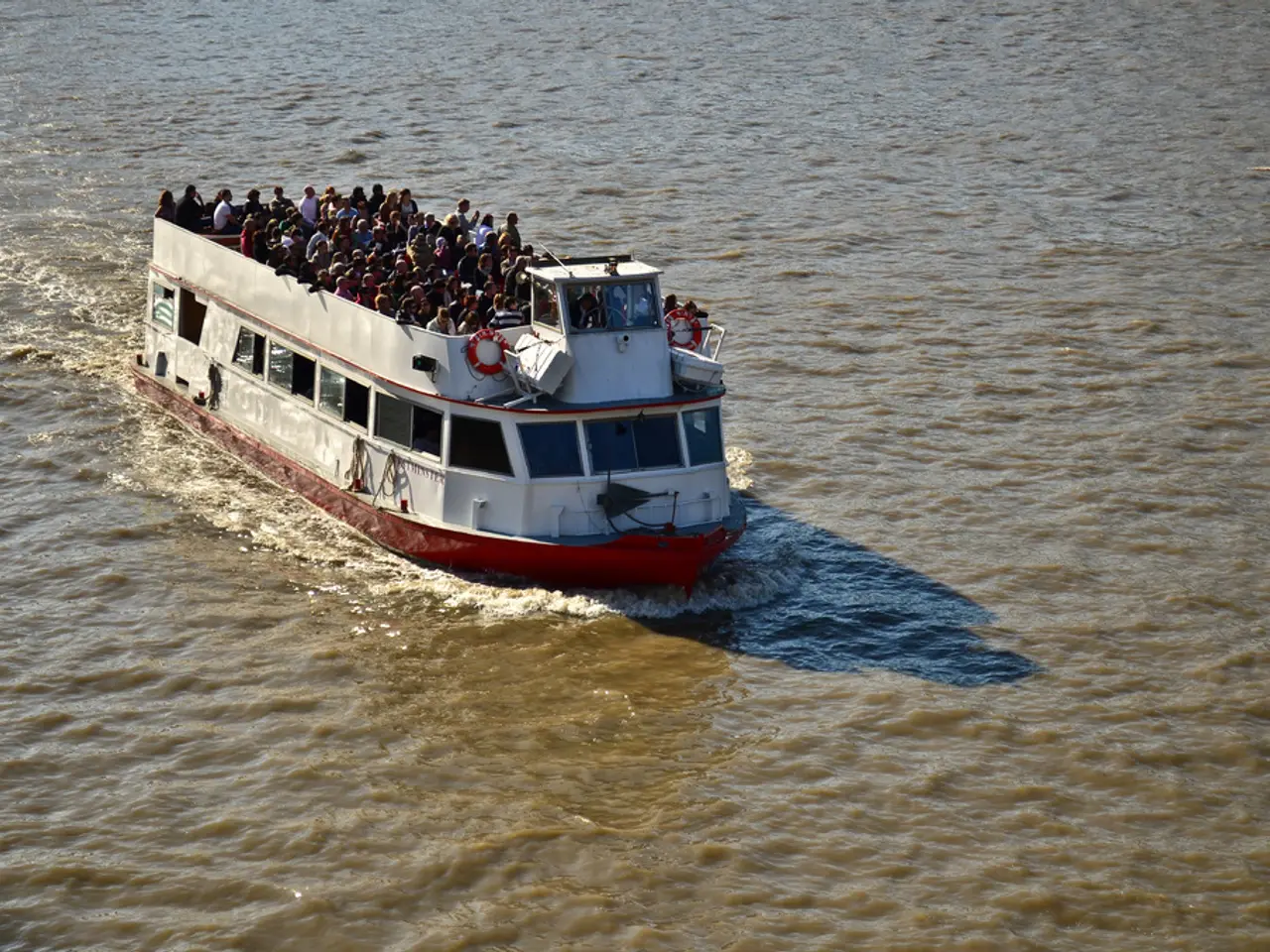Sailing adventures of Jimmy Cornell often proved unforgettable due to unexpected diversions
Jimmy Cornell, an esteemed expert on long sailing voyages, has identified common factors that contribute to the "failure" of such expeditions. Inadequate preparation, underestimating weather and environmental conditions, inadequate equipment and maintenance, lack of experience and skill, poor crew dynamics, and psychological factors are among the most frequent causes.
Cornell's extensive work on bluewater cruising highlights the importance of planning and preparation as fundamental to success. He emphasises that voyages tend to fail primarily due to inadequate forethought and readiness rather than the complexity of the journey itself. Failure often stems from avoidable human errors and oversights rather than uncontrollable external conditions.
One of Cornell's key pieces of advice is to be prepared for cruising costs to be higher than expected and to have recourse to some reserve funds in a serious emergency. He also suggests doing a short ocean passage before committing to a long voyage to decide whether that's the kind of life one would enjoy.
During his three-year world voyage on the first Aventura, Cornell's voyage was extended due to unplanned detours, which lasted twice as long as initially planned. These detours led to memorable experiences, such as visits to Paddington Bear's original home of Peru, Easter Island, and Pitcairn, which would have otherwise been missed.
However, not all detours were as fortunate. The boat ran aground, causing injuries to a crew member, and the crew had to be rescued by a passing motoryacht and taken to a hospital. These incidents underscore the importance of reliable and well-maintained equipment to handle the rigors of extended sea travel.
Sailing with children imposed a certain discipline, and Cornell established a routine with regular meals, schoolwork, rest periods, and watches. He also advises setting an initial course to the Caribbean that passed close to the Cape Verde islands, giving the opportunity to get rid of a difficult crew if necessary.
Cornell also believes that having the right attitude is crucial. He states that having the right attitude is as difficult to define as having common sense, and it is either present or not. The most important factor that can have a bearing on the success of a voyage, according to Cornell, is the sailor's attitude to the sea and sailing.
Cornell conducted surveys among long-distance sailors to find out more about these factors. He learned that the primary objective of voyage planning is to plan a route that takes advantage of prevailing winds and favourable seasons. He also advises keeping a shore base in case plans need to be changed due to health or financial reasons.
The International Convention for the Safety of Life at Sea supports Cornell's view, stating that 'Voyage planning is common sense'. Cornell, a cruising doyen, emphasises the importance of knowing what not to do during a cruising adventure.
Despite the challenges, Cornell's first sailing experience was on a BBC yacht club's 40ft sloop named Ariel. His work during the voyage provided a modest, but regular income and an opportunity to meet interesting people. Cornell insists on a regular routine, which some of his later crew found pedantic and at odds with their expectations of a cruising life. However, this discipline proved crucial to the success of the voyage.
In conclusion, Jimmy Cornell's extensive experience and research highlight the importance of thorough preparation, realistic expectations, and a positive attitude in ensuring the success of long-distance sailing voyages. By heeding his advice, sailors can embark on adventures that are both challenging and rewarding.
- Jimmy Cornell, while sharing his insights on long sailing voyages, encourages aspiring sailors to prepare for a lifestyle that may require higher than expected financial resources, especially in emergencies, given the unpredictability of sea travel.
- Cornell's journey, spanning home-and-garden settings like the interiors of boats and garden-like travels to exotic locations such as Pitcairn and Easter Island, demonstrates the importance of maintaining a well-equipped vessel for a comfortable travel experience, just like ensuring a well-kept home-and-garden environment fosters a peaceful lifestyle.





